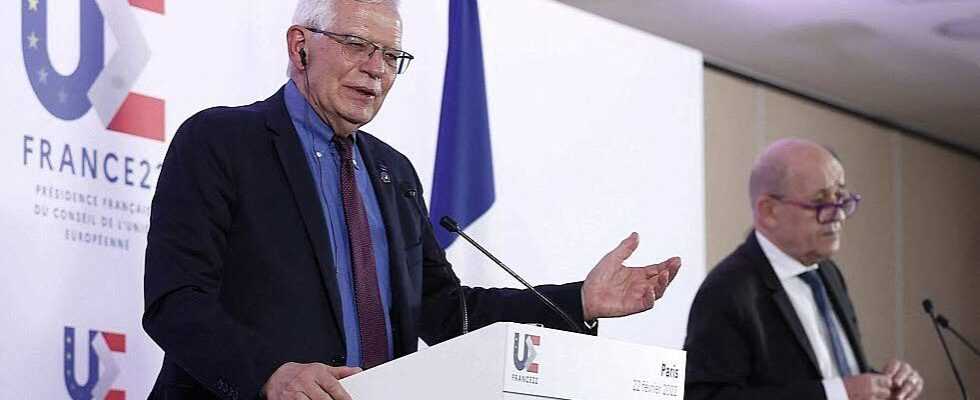“Economic sanctions, for lack of anything better”
Sébastien Jean is a researcher at the Center for Prospective Studies and International Information (CEPII).
How effective can economic sanctions be?
Experience shows that they can have a significant economic impact. In 2014, Europe took targeted sanctions, so as not to “punish” the Russian people, and trade fell by a third. Today we are talking about increasing these sanctions: we must determine who we are targeting, for what effect: authoritarian regimes are more resistant, insofar as they can silence the people who are affected.
Precisely, Europeans would be very affected if Russia blocked its gas exports…
Economic sanctions are always based on asymmetries, on areas where the relationship is more important for the opposing party than for us, in order to exert pressure without penalizing us too much. Europeans will therefore choose the financial market, which large Russian companies and banks need to refinance themselves. And the Russians are going to use the energy, because it provides 40% of Europe’s gas, especially in Eastern and Northern Europe.
But what is the political effectiveness of these sanctions? Those of 2014 did not change Vladimir Putin’s policy…
When we take economic sanctions in a geopolitical case, it is always for lack of anything better, because we do not want or cannot respond militarily. It is a way of stigmatizing the aggressor in the international community. And it is a pressure that increases the economic cost of its political decisions. Since 2014, Russia has taken measures to protect itself: it has limited its exposure to the dollar, it has accumulated more than 600 billion dollars in foreign currency reserves, it has set up a parallel financial transaction system… It does not policy has not changed, but it has all been very costly for her.
Interview by Francis BROCHET
